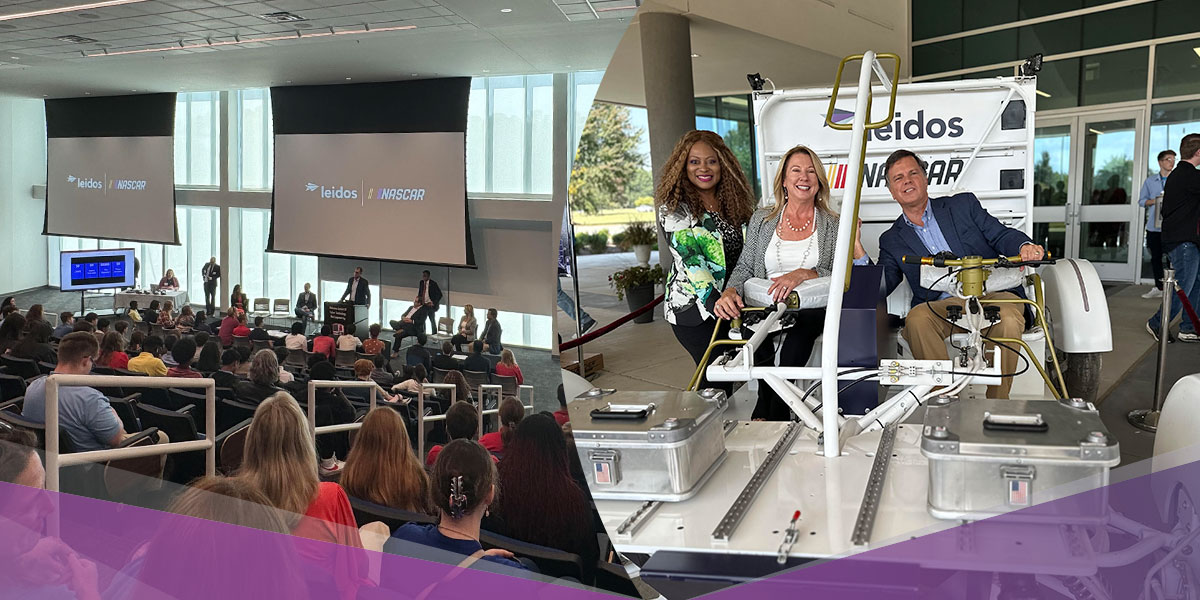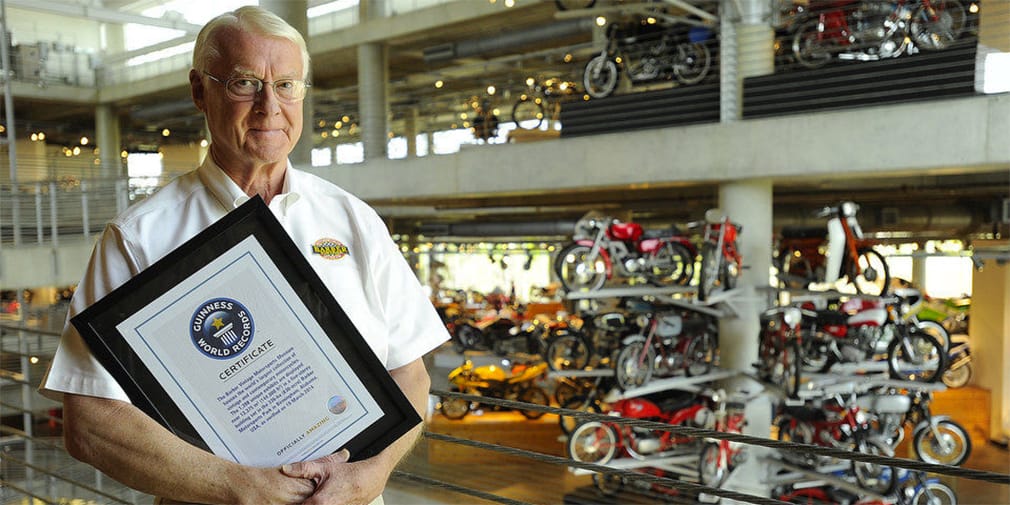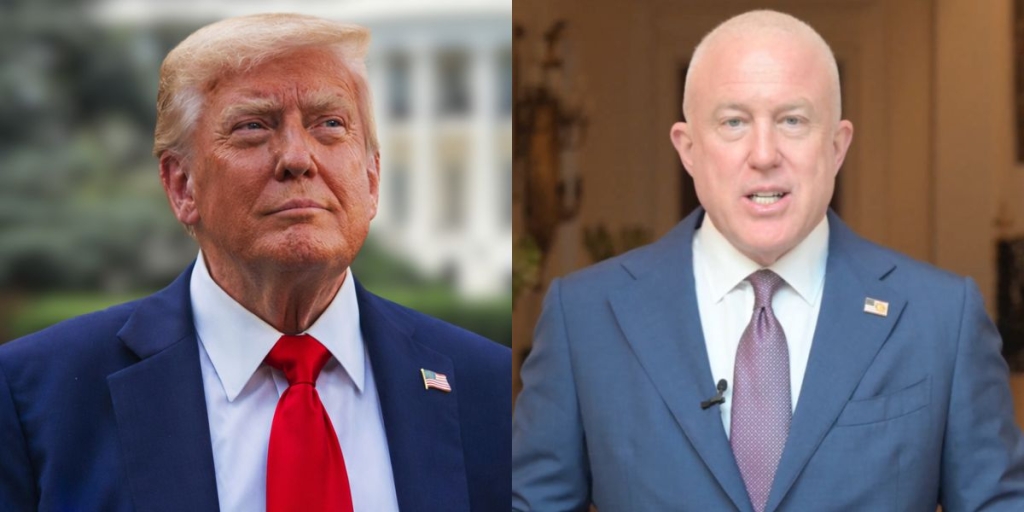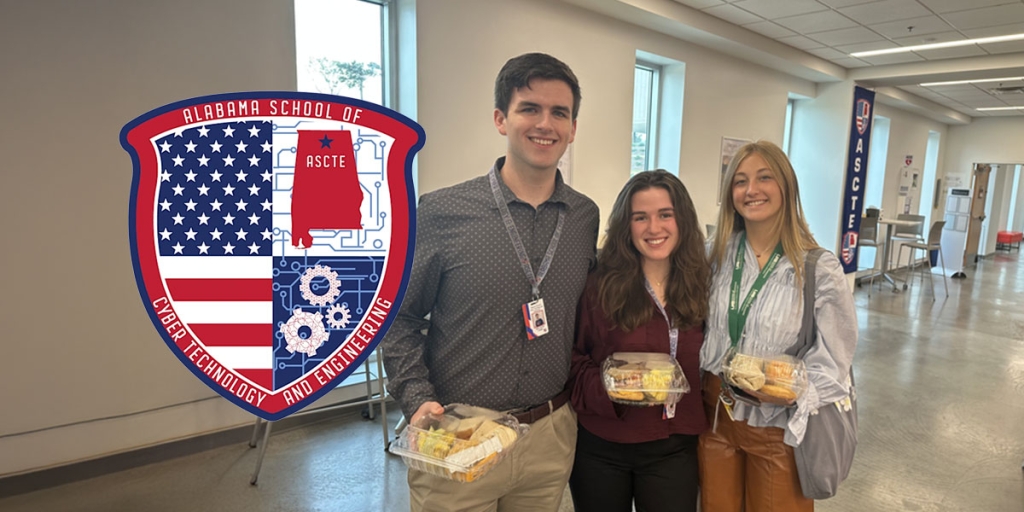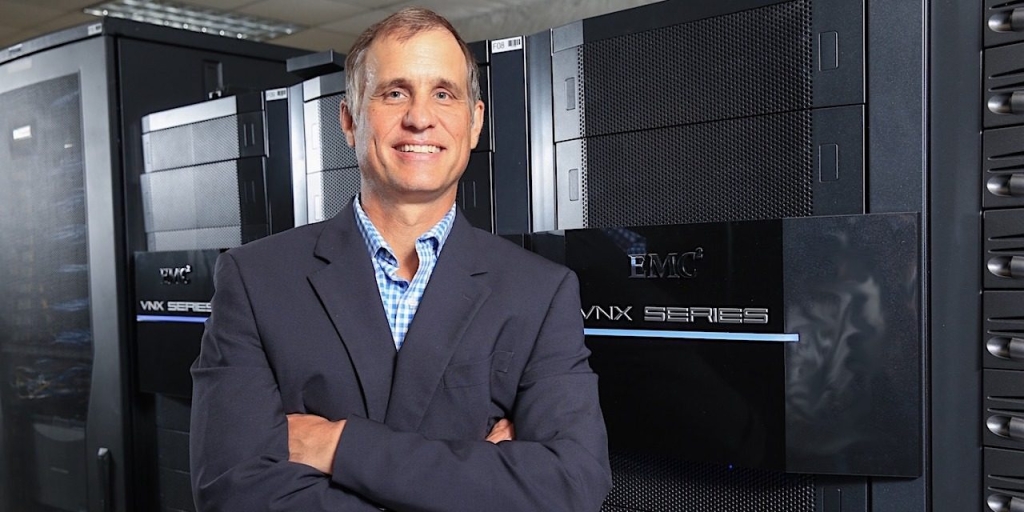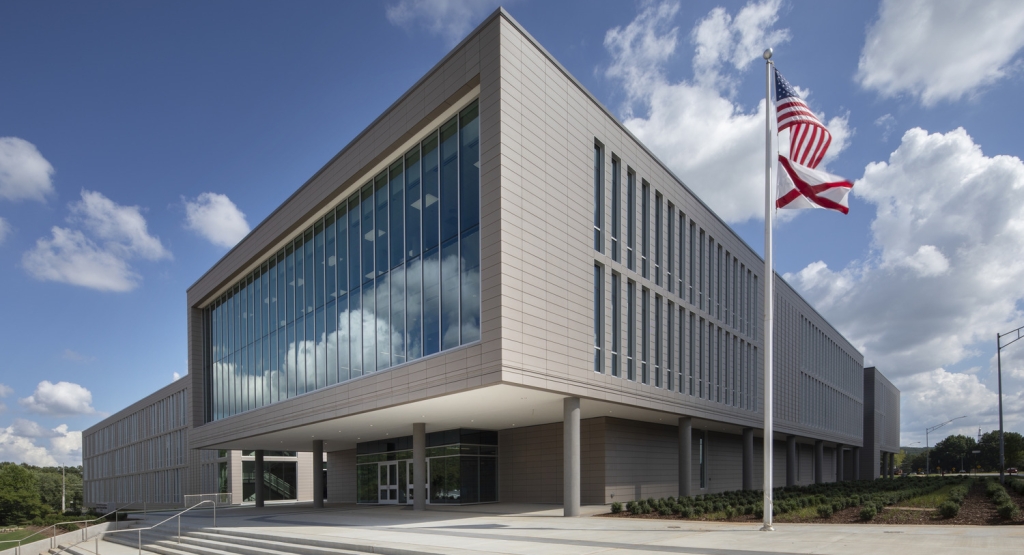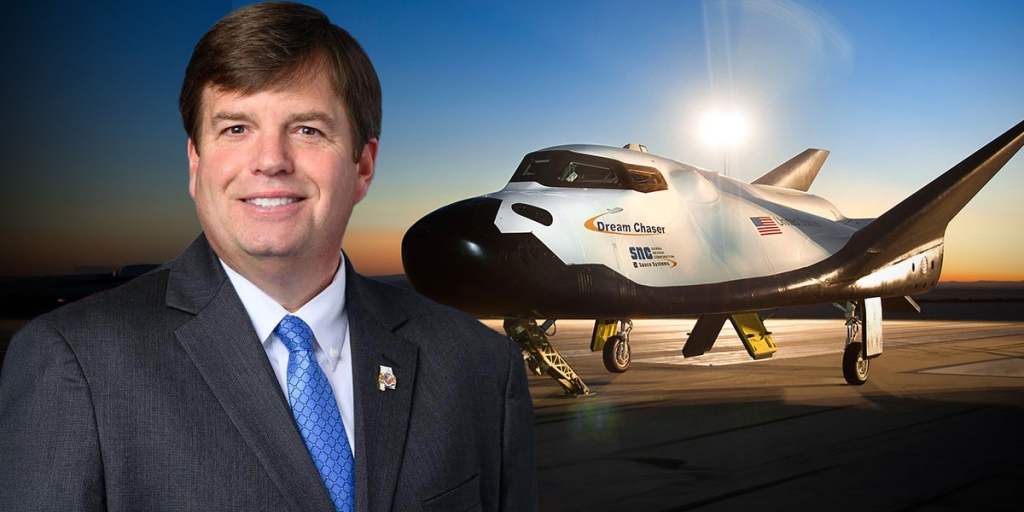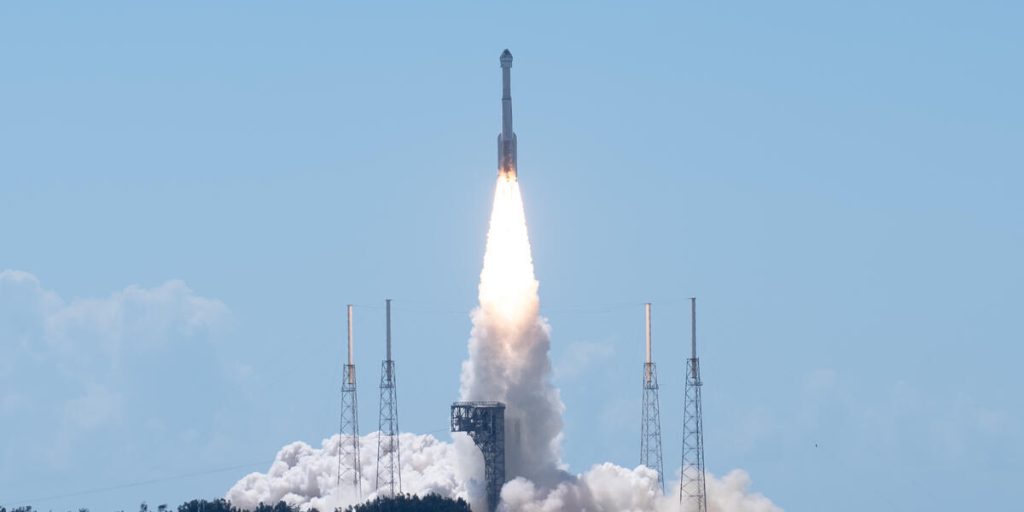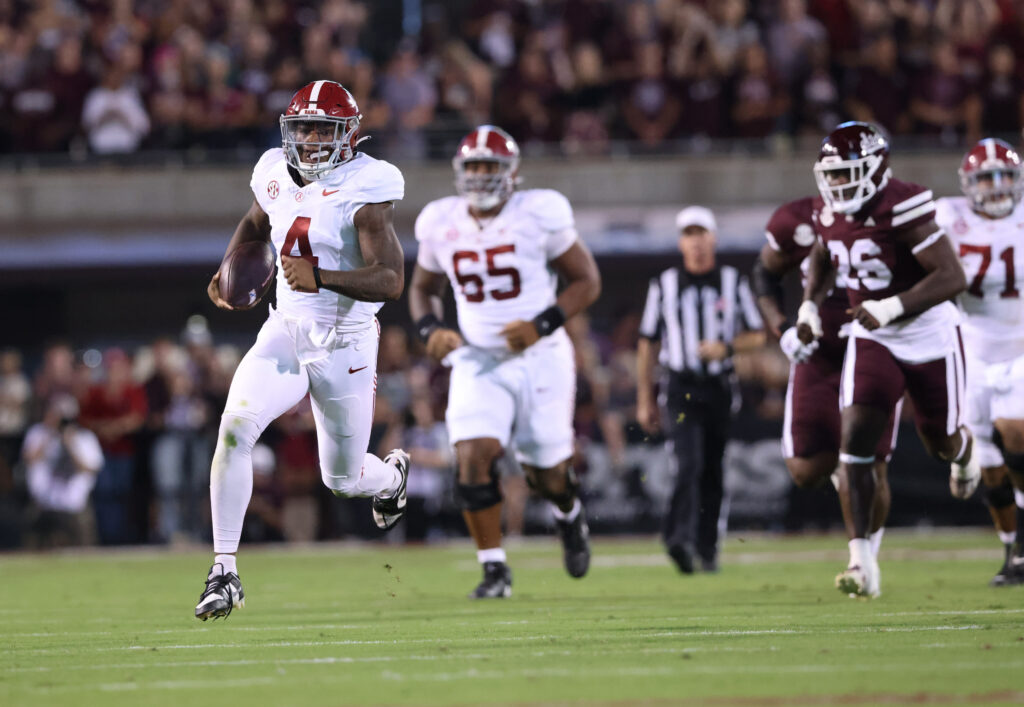Leidos made a stop at the Alabama School of Cyber Technology and Engineering last week to show students some hardware that may carry Americans across the surface of the moon once again.
Huntsville’s ASCTE is the nation’s only high school focused on the integration of cyber technology and engineering into all academic disciplines. It’s a public, residential magnet high school that has achieved some enormous accomplishments in just a few years of opening.
Leidos, a Fortune 500 technology, engineering, and science company with strong Alabama roots, is always in good company with the students.
RELATED: Apollo to Artemis: How Leidos is powering America’s return to the moon
“52 years ago, NASA put a car on the moon. I mean, how crazy is that?” Matt Doude said to a packed auditorium of students.
Doude is an engineer and the lead designer of the prototype being showcased that day: the Lunar Terrain Vehicle or LTV.
He showed students concepts of 20th century rovers and how the design and demand of an operational lunar vehicle has changed over time.
“Finally, this is what they landed on. They built it in 17 months, it cost about $30 million, with a top speed of eight miles per hour, powered by batteries weighing about 400 pounds – which is pretty light,” Doude said. “A couple people can pick it up. And interestingly, because of how they had to transport it to the moon, the whole thing would fit into a five foot square box.
“So now we’re gonna talk about the future. It all starts with NASA’s Artemis missions.”
Leidos and its Dynetics team are competing to develop the next vehicle astronauts will use to navigate the surface of the moon. This year, they rolled out the concept in a clever collaboration with NASCAR.
That partnership also brought students from ASCTE into the fold last year when NASCAR driver Bubba Wallace came to visit.
Mamba Smith, NASCAR’s “chief hype officer” told students, “I’ve never seen a place like this. I’ve never been around like this and I just want to let you know that you should be proud of making it this far. You guys are elite.
“You’re in here because the people here think and know that you can change the world and I think that is so cool.”
RELATED: Leidos, NASCAR speed into lunar rover race
Before taking groups of students to see the rover prototype they had been showcasing all morning, Jonathan Pettus, senior vice President of Aerospace, Civil and Defense Operations for the Dynetics Group at Leidos, closed out on a powerful note.
He said the event ultimately reminded him of why they do what they do.
“Why do we go to the moon? Why do we explore? Why do we take all these challenging things?” Pettus asked. “We do it for economic reasons, we do it for scientific reasons, to learn new things. But there’s also an inspirational aspect to these things that we do.
“I remember one of my earliest memories is watching those astronauts on the surface of the moon. I remember my father bringing me to the Space and Rocket Center. I grew up in North Alabama. And I remember thinking it wouldn’t be cool to be able to work on something like that.
“Now, flash forward to you guys. I think the magic is still there. I think space is still something that inspires us.
“So I hope that this little snippet of experience for you today as part of your overall experience here at the school. It will inspire you in terms of the great things that you can do with the education that you’re receiving. And I think the sky’s the limit for your future.”
Grayson Everett is the state and political editor for Yellowhammer News. You can follow him on Twitter @Grayson270




